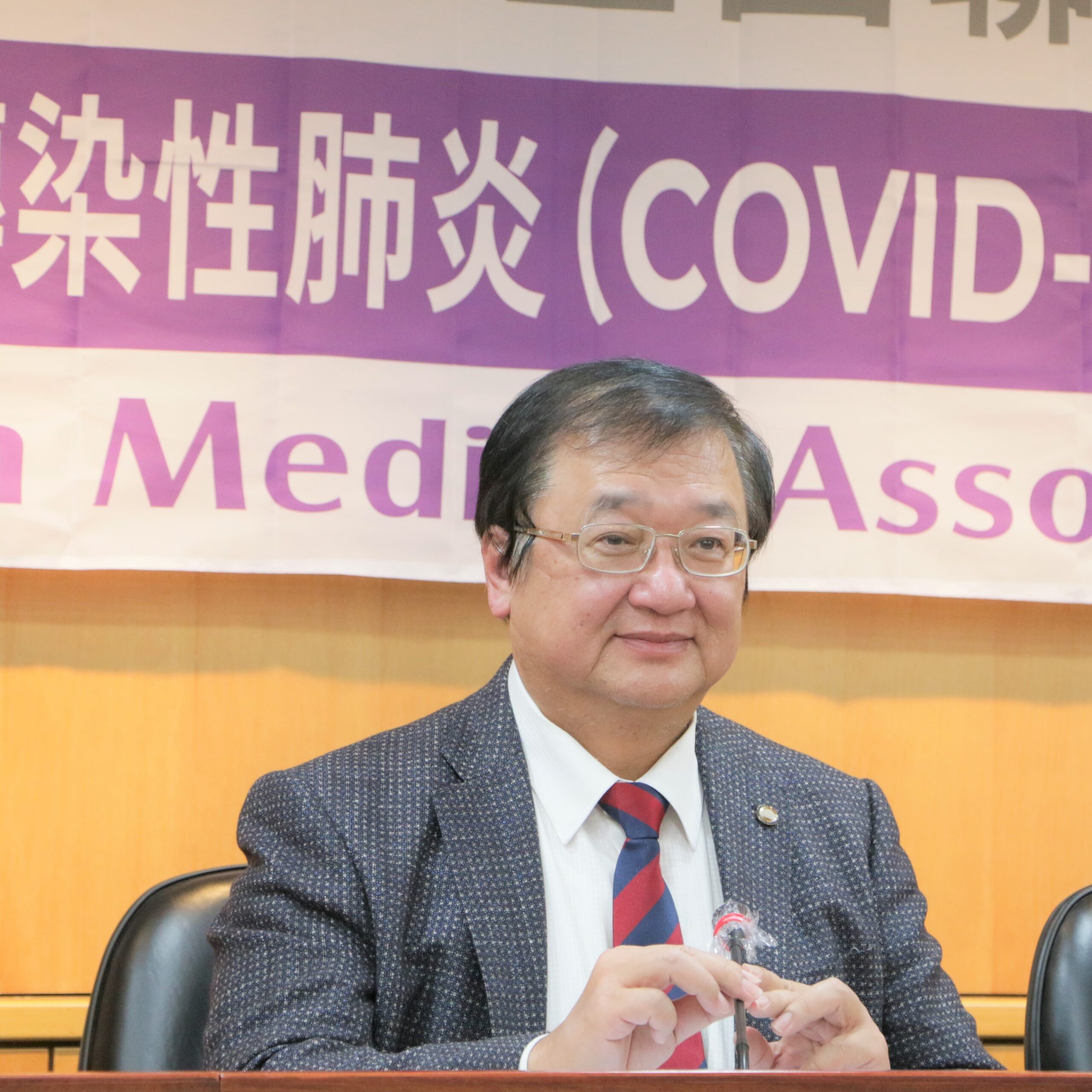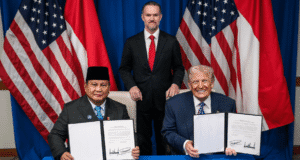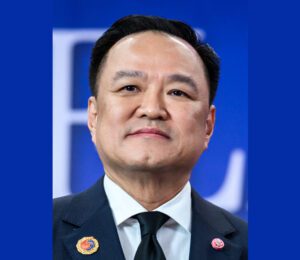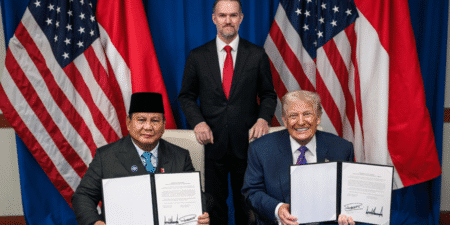
Taiwan’s 2025 Health and Welfare Budget Review

The BGA Taiwan Team, led by Senior Adviser Rupert Hammond-Chambers, wrote a client update on Taiwan’s 2025 health and welfare budget.
Context
- The Ministry of Health and Welfare’s 2025 budget of TWD 370.2 billion (US$11.5 billion) marks a significant increase of TWD 29.7 billion ($900 million) from the previous year. The budget directly aligns with the government’s policy goal of promoting “the health and well-being of all citizens.” Key priorities include welfare services, long-term care, social security, health care, epidemic prevention, food and drug management and health promotion.
- One of the central themes of the budget is the focus on strengthening the welfare system, particularly for disadvantaged groups, while optimizing the health care system to ensure medical care access for the public. A notable decrease is seen in the funding for epidemic prevention and response, with a reduction of TWD 38.4 billion ($1.2 billion). This contrasts with increased investments in other areas, most notably the National Health Insurance sustainability efforts, which grew TWD 44.2 billion ($1.4 billion), indicating a strategic pivot toward long-term health system sustainability.
Significance
- The focus on National Health Insurance reform highlights the importance of addressing existing weaknesses in Taiwan’s health care system. The increase in funding for National Health Insurance demonstrates the government’s intention to ensure its sustainability and address the growing financial burden on the system. Additionally, the budget for cancer screening and treatment — integral to President Lai Ching-te’s vision of reducing cancer mortality by one-third by 2030 — sees significant investment.
- Despite an increase in funds for early cancer screenings by TWD 4 billion (S100 million) and the establishment of a TWD 5 billion ($200 million) new cancer drug fund, the financial resources fall short of the expected need. Ensuring sustainable funding for cancer treatment and creating innovative reimbursement pathways will be crucial in maintaining public trust and attracting pharmaceutical investment.
Implications
- Underscoring the alignment with Lai’s “Healthy Taiwan” initiative, securing sustainable funding for long-term healthcare enhancements remains a challenge, particularly in areas like cancer treatment. The financial shortfall in the new cancer drug fund highlights the need for innovative approaches to health care financing, especially through the National Health Insurance.
- These reforms are expected to attract younger professionals and push for greater use of artificial intelligence (AI) in the sector. The ministry’s approaches to enhance health care efficiency presents a forward-looking approach, but its successful integration will depend on technological readiness and buy-in from the health care workforce.
We will continue to keep you updated on developments in Taiwan as they occur. If you have any comments or questions, please contact BGA Taiwan Senior Adviser Rupert Hammond-Chambers at rupertjhc@bowergroupasia.com.
Best regards,
BGA Taiwan Team

Rupert Hammond-Chambers
Senior Advisor
Rupert is an expert on Taiwanese political and economic issues and additionally brings a special focus on defense and security within BGA. Rupert concurrently leads the U.S.-Taiwan Business Council, where he was elected vice president in 1998 and president in 2000. Prior to 1994, he served as an associate for development at the Center for Security Policy, a defense and foreign policy think tank in Washington, D.C. Rupert is a member of the board of The Project 2049 Institute. He is also a trustee of Fettes College and is a member of the National Committee on United States-China Relations. Rupert ... Read More
×
























